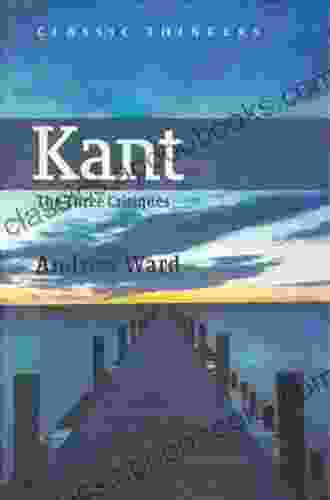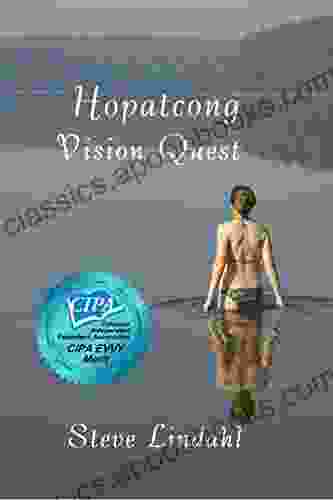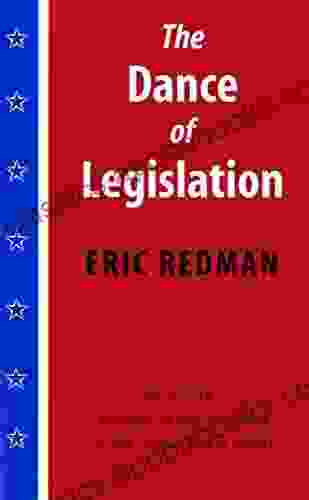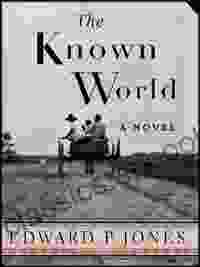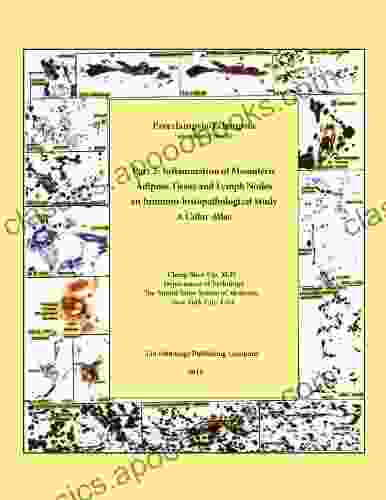Kant: The Three Critiques - A Journey into the Mind of a Philosophical Giant

Immanuel Kant, a towering figure in the history of philosophy, left an indelible mark on our understanding of knowledge, morality, and aesthetics. His magnum opus, The Three Critiques, is a profound exploration of these fundamental pillars of human thought. In this article, we will embark on a journey into the mind of this philosophical giant, delving into the complexities of his seminal work and unraveling the profound insights it offers.
Critique of Pure Reason: The Foundations of Knowledge
Kant's Critique of Pure Reason is a cornerstone of modern epistemology, challenging the limits of human knowledge and redefining our understanding of reality. Through rigorous analysis, Kant sought to determine the boundaries of our cognitive faculties and identify the conditions that make knowledge possible.
5 out of 5
| Language | : | English |
| File size | : | 601 KB |
| Text-to-Speech | : | Enabled |
| Screen Reader | : | Supported |
| Enhanced typesetting | : | Enabled |
| Word Wise | : | Enabled |
| Print length | : | 264 pages |
| Lending | : | Enabled |
Central to Kant's critique is his distinction between the phenomenal and noumenal realms. The phenomenal realm encompasses the world as we experience it through our senses, mediated by space, time, and our own cognitive structures. The noumenal realm, on the other hand, represents reality as it exists independently of our perception, a realm that may forever remain beyond our grasp.
Kant argued that our knowledge is limited to the phenomenal realm, shaped by the categories of our understanding and the structure of our senses. We cannot directly access the noumenal realm but can only infer its existence through the limitations of our own cognition.
Critique of Practical Reason: The Imperative of Duty
In his Critique of Practical Reason, Kant turns his attention to the realm of ethics, seeking to establish a universal and objective foundation for morality. He rejects the notion of basing morality on personal desires or subjective preferences, arguing for a categorical imperative that guides our actions regardless of our individual inclinations.
According to Kant, the categorical imperative is a universal moral law that applies to all rational beings, regardless of their circumstances. It is a law that we can discover within ourselves through reason and reflection, leading us to act in a way that we can will to become universal law.
Kant's ethical theory emphasizes the importance of duty and respect for human autonomy. He argues that we should act not because it brings us pleasure or personal gain but because it is the right thing to do, based on universal moral principles.
Critique of Judgment: The Bridge between Mind and Nature
In his Critique of Judgment, Kant explores the realm of aesthetics and teleology, bridging the gap between the Critique of Pure Reason and the Critique of Practical Reason. He seeks to understand how we make judgments of beauty, purpose, and the sublime, and how these judgments relate to our cognitive and moral faculties.
Kant distinguishes between two types of judgments: determinative judgments, which are based on objective criteria, and reflective judgments, which are based on subjective feelings and experiences. Aesthetic judgments, for example, are reflective judgments that express our subjective experience of beauty or sublimity.
Kant also examines the concept of teleology, the idea that nature exhibits a purposeful design. He argues that while we cannot prove the existence of a divine designer, we can nonetheless infer the presence of purpose in nature through our own reflective judgments.
Kant's The Three Critiques is a monumental work that has shaped the course of Western philosophy. Through his rigorous analysis of knowledge, morality, and aesthetics, Kant challenged our assumptions about the world and our place within it. His insights continue to resonate today, offering a profound and lasting contribution to our understanding of the human condition.
Whether you are a seasoned philosopher or a curious mind seeking to explore the depths of human thought, Kant's The Three Critiques is an indispensable work that will reward you with its intellectual rigor, philosophical depth, and enduring relevance.
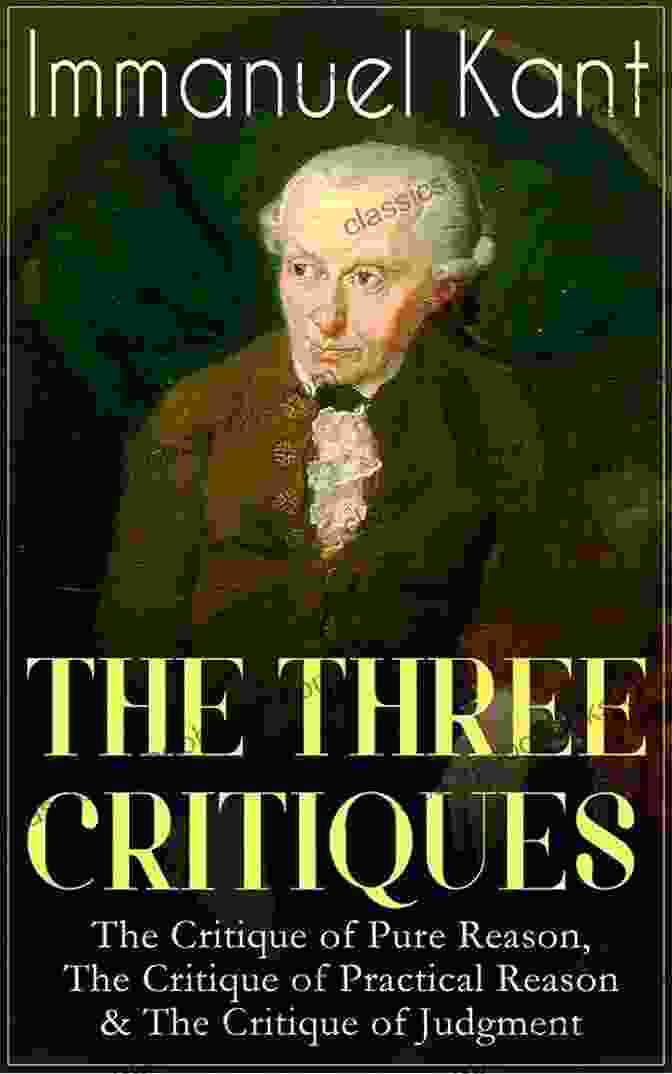
5 out of 5
| Language | : | English |
| File size | : | 601 KB |
| Text-to-Speech | : | Enabled |
| Screen Reader | : | Supported |
| Enhanced typesetting | : | Enabled |
| Word Wise | : | Enabled |
| Print length | : | 264 pages |
| Lending | : | Enabled |
Do you want to contribute by writing guest posts on this blog?
Please contact us and send us a resume of previous articles that you have written.
 Book
Book Novel
Novel Page
Page Chapter
Chapter Text
Text Story
Story Genre
Genre Reader
Reader Library
Library Paperback
Paperback E-book
E-book Magazine
Magazine Newspaper
Newspaper Paragraph
Paragraph Sentence
Sentence Bookmark
Bookmark Shelf
Shelf Glossary
Glossary Bibliography
Bibliography Foreword
Foreword Preface
Preface Synopsis
Synopsis Annotation
Annotation Footnote
Footnote Manuscript
Manuscript Scroll
Scroll Codex
Codex Tome
Tome Bestseller
Bestseller Classics
Classics Library card
Library card Narrative
Narrative Biography
Biography Autobiography
Autobiography Memoir
Memoir Reference
Reference Encyclopedia
Encyclopedia Andrea Izzotti
Andrea Izzotti Dk
Dk Andy Clark
Andy Clark Melissa Mccloud
Melissa Mccloud Lillian Karabaic
Lillian Karabaic Stephen H Haber
Stephen H Haber Andrew Moriarty
Andrew Moriarty J L Anderson
J L Anderson Andrew Sean Greer
Andrew Sean Greer Andrew Rubin
Andrew Rubin Keith Morrison
Keith Morrison Mary Morris
Mary Morris Barbara Venkataraman
Barbara Venkataraman Clayton West
Clayton West Maxine Rosenthal
Maxine Rosenthal G B Trudeau
G B Trudeau Susan Isaacs
Susan Isaacs Emily Rodgers Ramos
Emily Rodgers Ramos Carina Envoldsen Harris
Carina Envoldsen Harris Andrew Hitz
Andrew Hitz
Light bulbAdvertise smarter! Our strategic ad space ensures maximum exposure. Reserve your spot today!
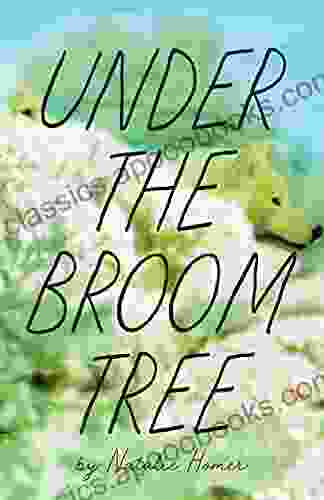
 Douglas PowellUnder the Broom Tree: A Spellbinding Excursion into the Realm of Nature and...
Douglas PowellUnder the Broom Tree: A Spellbinding Excursion into the Realm of Nature and... Colt SimmonsFollow ·11.7k
Colt SimmonsFollow ·11.7k Brett SimmonsFollow ·19.3k
Brett SimmonsFollow ·19.3k Gus HayesFollow ·13.1k
Gus HayesFollow ·13.1k Barry BryantFollow ·17.3k
Barry BryantFollow ·17.3k Evan SimmonsFollow ·5.6k
Evan SimmonsFollow ·5.6k Jayden CoxFollow ·3.2k
Jayden CoxFollow ·3.2k Isaias BlairFollow ·8.2k
Isaias BlairFollow ·8.2k Branden SimmonsFollow ·18.5k
Branden SimmonsFollow ·18.5k
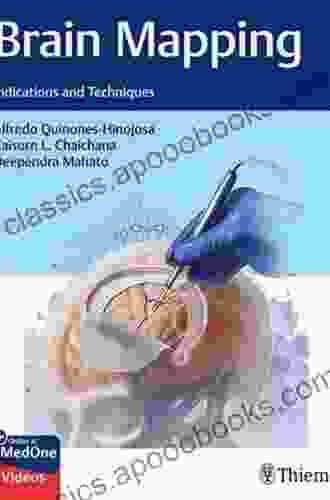
 Devin Ross
Devin RossUnlocking the Secrets of the Mind: Brain Mapping...
The human...
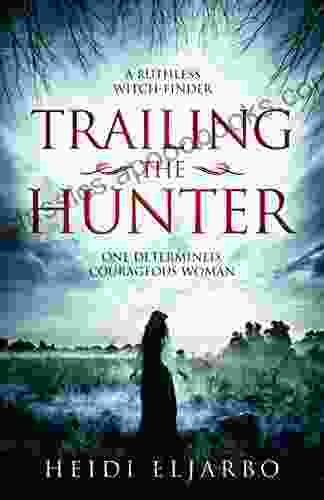
 Jacob Foster
Jacob FosterNovel of Misconception, Truth, and Love: A Journey of...
Unraveling the Lies We...
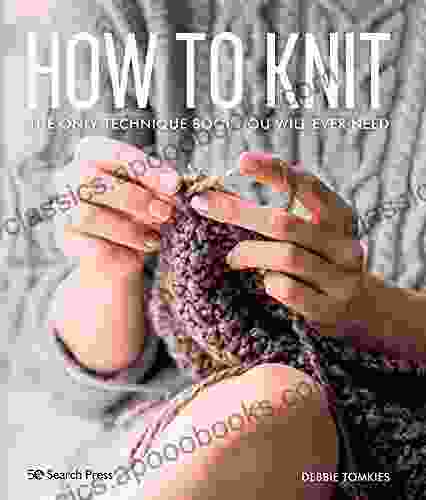
 Benji Powell
Benji PowellThe Only Technique You Will Ever Need: Unlocking the...
By [Author's...

 Pete Blair
Pete BlairUnveiling the Enchanting World of 'Magnolia House' by...
A Literary...
5 out of 5
| Language | : | English |
| File size | : | 601 KB |
| Text-to-Speech | : | Enabled |
| Screen Reader | : | Supported |
| Enhanced typesetting | : | Enabled |
| Word Wise | : | Enabled |
| Print length | : | 264 pages |
| Lending | : | Enabled |


